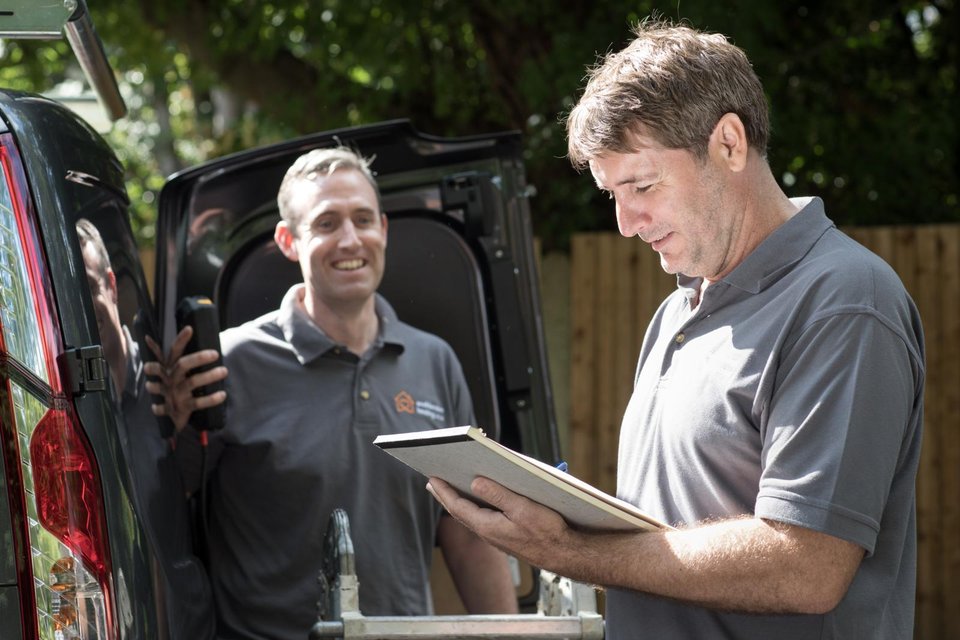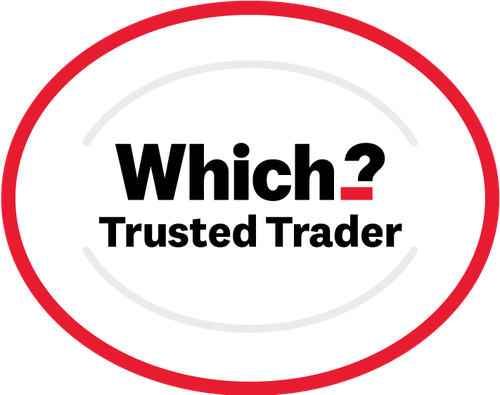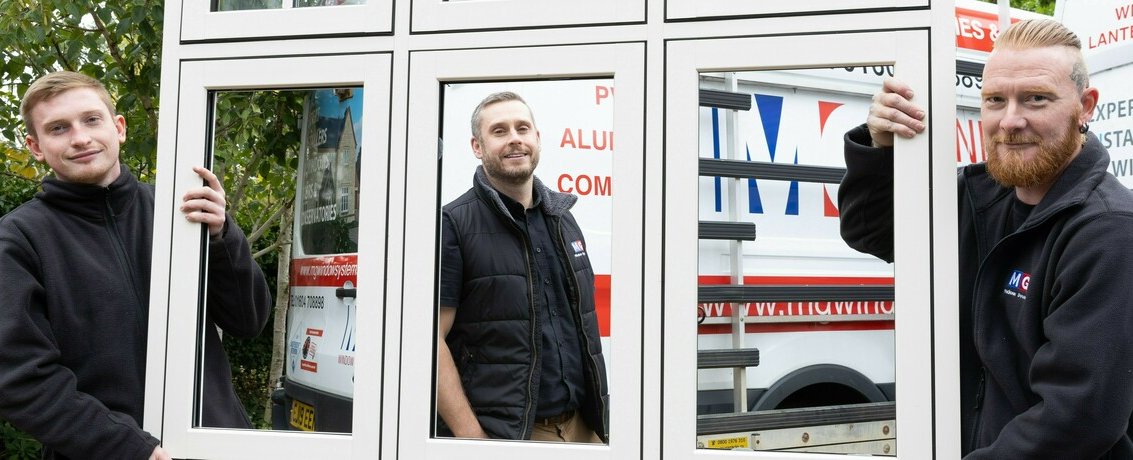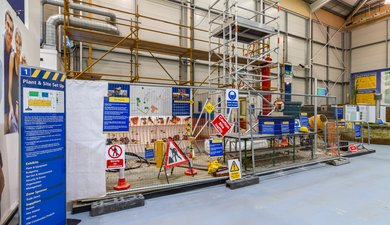A successful home build or renovation starts with a trusted team. But finding a reputable trader that you can rely on to deliver quality work at a fair price can be challenging.
This guide, created in collaboration with consumer champion Which?, will help you find a reliable tradesperson and avoid the pitfalls of rogue traders.

How to find a trader you can trust
Whether you’re seeking help for a smaller job or looking for a professional to manage a major renovation, finding the right trader for the task is crucial. A reliable professional will deliver work that lasts, saving you the cost and disruption of future repairs.
When weighing up potential traders, consider the following:
● Get multiple quotes for the job – you don’t have to commit to the first price you’re given. Try to get at least three quotes – or more if it’s a large or complex project. Looking at several quotes makes it easier to judge whether you’re being charged a fair rate.
● Check the trader’s references – customer reviews can be a helpful starting point, but don’t always give the full story. Ultimately, a trustworthy professional should be willing to share references from past clients. You can also use Companies House to see how long they’ve been operating.
● Put everything in writing – before any work starts, make sure you have a clear, written agreement that sets out the scope of the job, costs and timelines. This protects both you and the trader.
To make the process of hiring a professional as easy as possible, Which? Trusted Traders provides direct access to specialists who have already been carefully assessed against strict standards.
If problems do arise, you’ll also benefit from a dispute resolution service, adding another layer of security and trust for a large-scale project.
For further advice, read Which?’s advice on how to find a reputable trader.

What is Which? Trusted Traders?
Which? is the UK’s long-established consumer champion, known for offering impartial advice and holding businesses to high standards. Building on this reputation, the Which? Trusted Traders scheme was created to help users find reliable, local professionals they can feel confident about hiring.
The scheme covers a wide range of trades, from builders, electricians and heat pump installers, to plumbers, roofers and more.
Which? Trusted Traders isn’t simply a directory where anyone can add their details. Instead, traders must undergo a series of rigorous checks to demonstrate their reliability. These include a financial health and credit check, a DBS (criminal background) check and an in-depth ‘business MOT’ carried out by a Trading Standards qualified assessor. The process also involves contacting previous clients directly to verify customer satisfaction.
This thorough approach ensures that Which? Trusted Traders are not only skilled but also operate with integrity.
To find a reliable trader near you, visit the Which? Trusted Traders website.

How to avoid rogue traders
While most traders are honest and hardworking professionals, there are still some who, unfortunately, take advantage of customers. Knowing the warning signs before parting with your money can help you avoid costly mistakes, so stay alert to anything that doesn’t feel right.
When considering a trader, keep an eye out for the following warning signs:
● Be cautious of unsolicited approaches – if someone turns up at your door or calls out of the blue offering their services, think twice. Reputable traders don’t usually rely on cold calling to find work.
● Don’t pay upfront – rogue traders often ask for large cash payments before work begins. A trustworthy professional will provide clear payment terms.
● Insist on a written quote or contract – if a trader refuses to put details in writing, that’s a red flag. Always get a written quote or agreement so you know exactly what has been promised.
● Check their business details – be wary of anyone who is vague about their address or company information. A genuine business should be transparent and easy to trace.
● Ask for references and past work – if a trader can’t provide examples of previous jobs or contact details for past customers, consider it a warning sign.
Visit Which? for further advice on your rights when dealing with a trader dispute.





